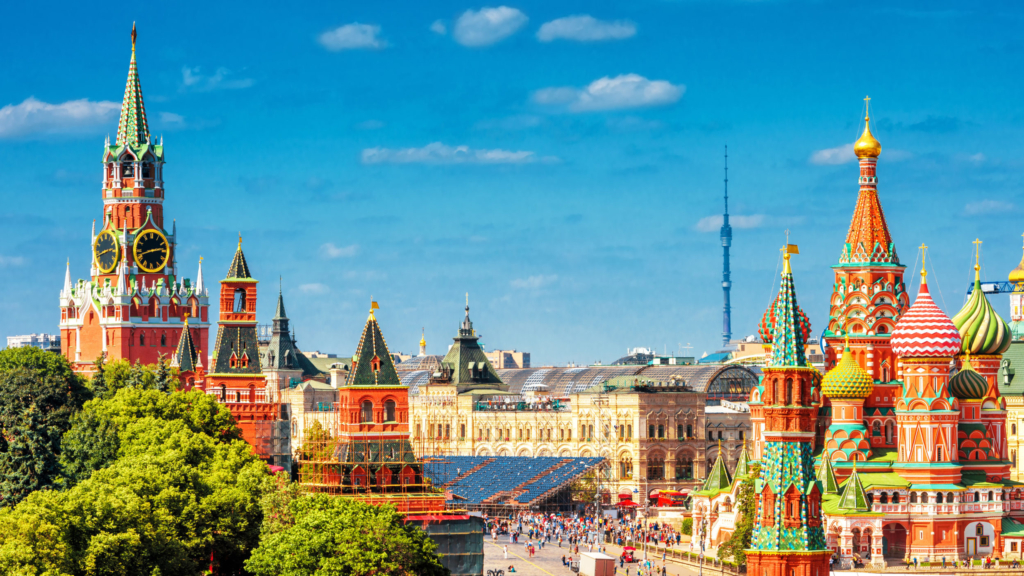Russia passed a new law 10 days after it was published that will control crypto mining and digital assets. The law says that miners have to register and stick to rules on how much energy they use.
This limits who can mine. Home miners don’t have to be registered if they stay within the energy limits set by the government. People who have been convicted of economic crimes or who are on the list in Federal Law No. 115-FZ are not allowed to mine. To cut down on energy use, the government can also stop mining in some areas.
Miners have to tell the government about their wages and wallet addresses. The Federal Financial Monitoring Service keeps an eye on addresses that are linked to illegal activities.
Miners who don’t follow the rules could be cut off from the power grid and sued. Russia used to have a law that said you couldn’t use or sell cryptocurrency that you mined, but that rule was lifted.
Under the watch of the Central Bank, Russian sites can now trade foreign digital financial assets (DFA). If certain coins are seen as a threat to financial security, the bank can ban them. To keep people from making risky investments, it is illegal to advertise cryptocurrency and services that are connected to it.
In its third reading, the State Duma Committee on the Financial Market passed draft law No. 341257-8. This gives the Central Bank the power to make rules for trading digital currencies in this test environment.
As part of its plan to improve its economic links with Russia, El Salvador suggested using crypto, maybe Bitcoin, to solve trade problems with Russia.
El Salvador has its foreign policy and doesn’t take sides in the conflict between Russia and Ukraine. It is also thinking about joining the BRICS economic group, which is working hard to get rid of the US dollar by using cryptocurrencies instead.



